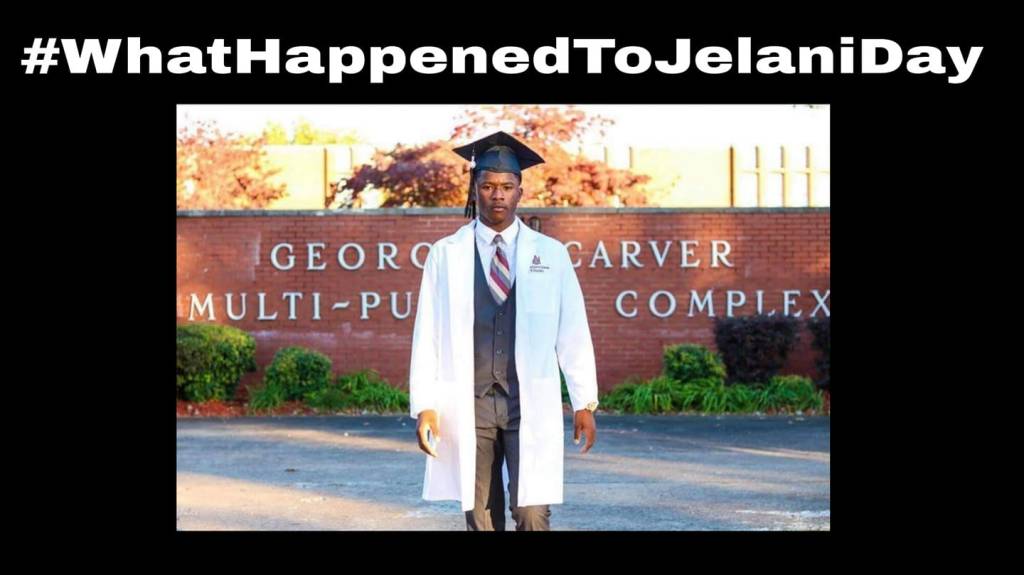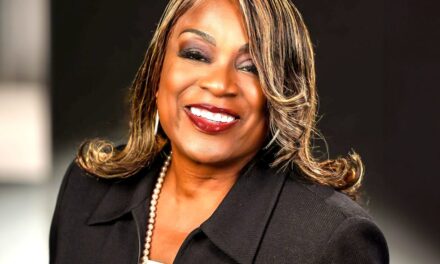By DaQuan Lawrence,
AFRO International Writer,
DLawrence@afro.com
As the March on Washington for Jobs and Freedom (MOW) returned to the nation’s capital for its 60th commemoration and iteration, national and international leaders called attention to the importance of remaining committed to the struggle for civil liberties and human rights.
On Aug. 26, thousands of attendees from across the nation and throughout the world traveled to Washington, D.C., for the commemorative march, which was convened by the Rev. Al Sharpton’s National Action Network and the Drum Major Institute.
National leaders such as the Rev. Dr. Frederick Haynes, newly appointed president/CEO of the Rainbow PUSH Coalition, emphasized the importance of understanding that the struggle for human rights continues in the U.S.
“I think it’s important that we remember what took place 60 years ago so we can recommit ourselves to what we need to do 60 years later,” Haynes told the AFRO. “Unfortunately, the hell we were catching 60 years ago is trying to play out in modern society but in different manifestations such as racial disparities with missing persons, legislative changes to affirmative action and abortion rights, as well as the denial of Black maternal health and access to healthcare resources.”
Haynes is a social justice pastor and advocate for marginalized communities. He is the senior pastor of Friendship-West Baptist Church, a megachurch in Dallas, Texas, with more than 13,000 members.
“I am walking with the mother of Jelani Day, who was killed in a Sundown town, and has been denied justice,” Haynes told the AFRO. “I am standing and fighting with her because 60 years later, as Jay Z said, ‘There are still holes in the dream of Dr. Martin Luther King Jr.’.”
Day was a graduate student at Illinois State University who mysteriously disappeared on Aug. 24, 2021, and was later found in the Illinois River in Peru, Illinois. In December of that year, Omega Psi Phi Fraternity announced an award for information, as Day’s case remained unsolved.
While authorities claim Day drowned, his mother, Carmen Bolden Day maintains that foul play was involved. She continues to demand that law enforcement solve the case, and shared why she attended the MOW with the AFRO.
“I am here because we do need justice. 60 years later we shouldn’t have to deal with the disparities of missing Black people versus missing White people, so that’s my fight,” Day told the AFRO.
The unchanged conditions and ongoing struggles facing the Black community six decades after the March on Washington was a common refrain among speakers and attendees.
Benjamin Crump, known as the attorney for Black America, urged attendees to be unapologetic in their advocacy.
“As your attorney general, I declare now more than ever that we must be unapologetic defenders of Black life, Black liberty and Black humanity,” he told the crowd.
Referencing controversial new education standards in Florida, Crump added: “They have the audacity to say that we need to teach our children that slavery had positive benefits for Black people. We must tell them without Black history you wouldn’t have American history.
“Just like we fought for justice for the families of Trayvon Martin, Eric Garner, George Floyd, Oscar Grant, Stephon Clark, A.J. Owens, Patrick Lyoya…Terence Crutcher, Jelani Day, Alton Sterling, Ronald Green and Tyree Nichols,” he continued, “we must also fight to protect our Black literature, culture and history for all of our children.”
Many of those in the crowd listening to Crump and other speakers had attended other iterations of the event.
Sandra Veronica Richardson, of Alexandria, Va., attended the 50th anniversary of the March on Washington in 2013. She returned this year because she believes the march is an opportunity to continue the Black struggle for human rights and civil liberties.
“We aren’t here just to commemorate what happened 60 years ago. We are here to continue to fight for voting and democracy because the future of our democracy is now under threat more than ever,” Richardson said.
Angelique Walker-Smith, who serves as president of the World Council of Churches, spoke to the AFRO about the importance of the MOW, and how ancestors influence future generations.
“The MOW is important because we are building on the shoulders of those who went before us,” Walker-Smith said.
One of the day’s speakers, Walker-Smith is a global human rights activist with experience as a faith thought-leader and author, and the national senior associate for Pan African and Orthodox Church Engagement at Bread for the World in Washington, D.C.
“In my remarks, I was pointing out that we must not forget our ancestors who went and marched with much less. We are the embodiment now of what our ancestors prayed for and dreamed for. We must be stronger and remember that we have the power of those who came before us,” she continued.
Crump said that just as African-American forebears fought for this generation, today’s Blacks have to agitate on behalf of the generations to come.
“We have to be ready to fight until hell freezes over,” he said, “and then we have to be ready to fight on the ice. So, all our children will know that we are ready to fight for them.”
The March on Washington was live streamed by the Drum Major Institute on YouTube for those who wanted to participate virtually.
The post Leaders demand justice and equal rights for Jelani Day at March on Washington appeared first on AFRO American Newspapers .











